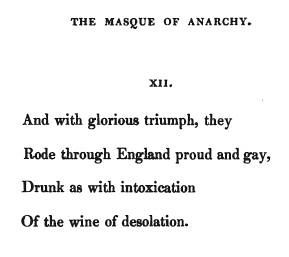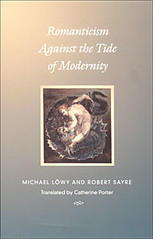Por que haveria de ser sempre assim?
Há muito não escrevo. Se de tudo quanto leio algo aproveito, mero acaso se trata, e as palavras parecem não combinar. A força, num tempo onde nada parece se preservar, não me serve ou estimula. As cores esvaecem-se. E eu, como filho bastardo de um poema que se nega escrever, vago por aí. De que me serve pensar se a voz me recusa? Qual a serventia do pensamento quando o próprio pensar de mim se exclui?





